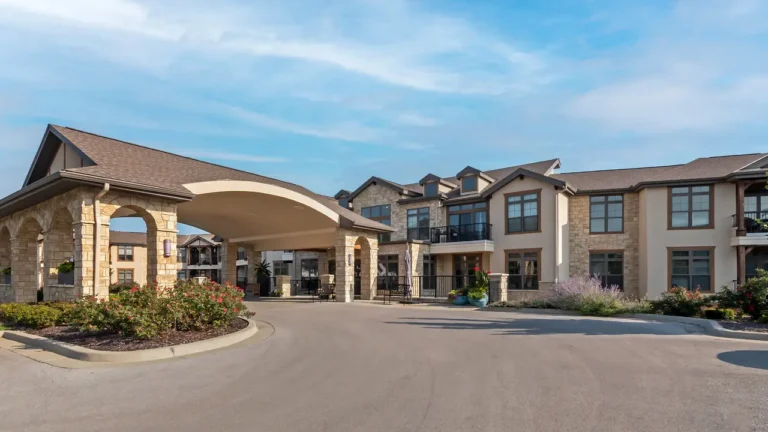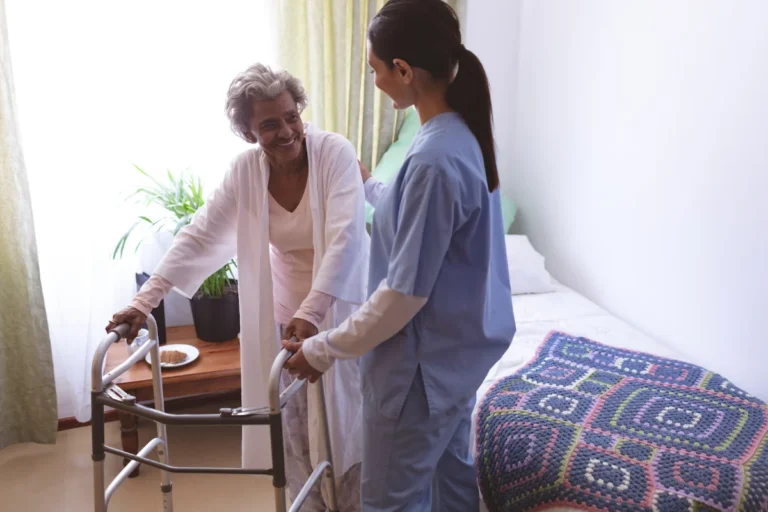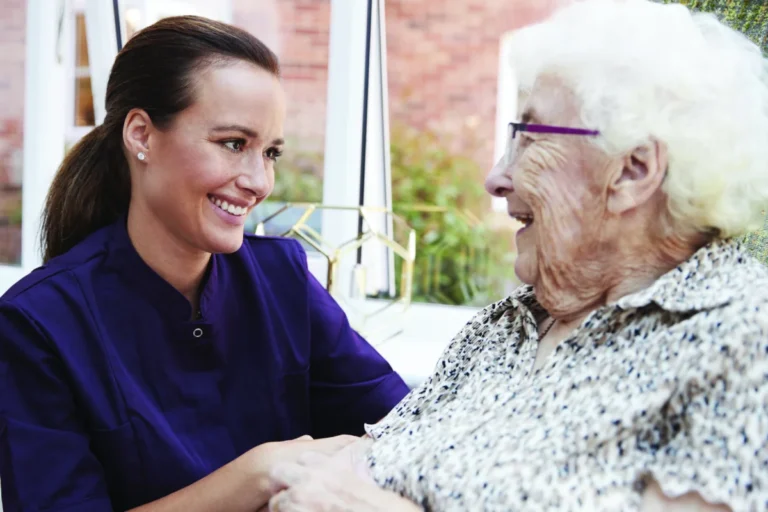According to the Centers for Disease Control and Prevention, more than one third of all surgeries in U.S. hospitals are performed on people age 65 and over. It is predicted that, by the year 2030, there will be some 84 million adults in this age group, many of whom will likely need surgery.
When facing a senior surgery, either personally or for an older loved one, it is easy to lose sight of what all will be involved. Understanding the surgery itself, recognizing steps that can be helpful before the surgery and planning for post-surgery recovery are all important in achieving best-possible outcomes. Specifically, planning for recovery – and keeping an eye on ways to avoid potential complications – can help seniors get back to everyday life faster and more easily.
Surgery and Recovery
Older adults, more so than any other age group, greatly benefit from taking the time to prepare leading up to a planned surgery. For some seniors, surgery is not planned and is in response to a major health event. In these cases, it is not possible to prepare, but maintaining good overall health makes emergency surgeries less traumatic for the body. Preventing problems means less physical stress on the body during surgery and throughout post-surgery recovery. When preparing for a scheduled surgery, seniors can make healthy changes where needed, such as:
- Quit smoking
- Add in daily exercise
- Eat a healthy, nutritious diet
- Drink plenty of water
- Carefully manage all medications
There’s no universal set of complications that can occur during surgery and recovery. For example, one of the most common senior surgeries is a hip replacement. This type of surgery carries many risks, including nerve damage and joint weakening leading to dislocation. Hip injuries are one of the most challenging to address, as the hip joint is one of the most used, most complex joints in the body.
No matter what surgery a senior needs, there is a risk of blood clots and infection. Seniors are naturally more prone to clotting, which can lead to an increased risk of heart attack and stroke following an operation (depending on the patient’s current medications and overall health, a doctor may prescribe blood thinners to combat this). An older adult’s immune system is also generally less robust than a younger individual, so changing bandages frequently with clean hands is paramount.
Due to the senior patient’s potential limited mobility and greater reliance on assistance from others, careful monitoring is key during recovery from surgery. Additional factors often associated with age include physical circumstances like weakened, achy muscles or mental conditions, like forgetfulness or confusion. These can all play a part in a senior’s post-surgery recovery.
Helping Seniors Recover After Surgery
Here are a few things seniors and their family members can do at home to make it easier to recover from surgery:
Don’t do too much.
Once a senior is cleared to go home after surgery, it’s very important that they take it easy. The doctor should provide a clear picture of what activities are safe and what things to avoid altogether. It might be tempting to return to a usual level of activity right away, but this can do a lot of harm.
Avoid staying in bed.
Senior recovery means not overdoing it, but going the opposite direction can be dangerous, too. Once the doctor has cleared a senior to get up and move around, they should not stay stuck in bed or glued to the couch. Rest is critical, but too much lying down can cause problems, such as blood clots, pressure sores, muscular weakness and embolism.
Focus on nutrition.
During post-surgery recovery, the body is attempting to rebuild vital structures, and it needs certain building blocks. Many doctors will provide a specific recovery diet. Seniors who spend some of their recovery in rehabilitation communities, like Tutera Senior Living & Health Care communities, have chefs who prepare daily meals with the help of dietitians to ensure snacks and meals are full of flavor and nutritional value to help residents heal and grow stronger. So, are there some foods that will help seniors heal faster following surgery? These nutrient-packed delicacies are a great place to start:
- BERRIES
All sorts of delicious fruit – like grapes, pomegranates, blueberries, raspberries and strawberries – are packed full of antioxidants that help the body repair itself. They’re also loaded with vitamin C, which can help rebuild collagen and soft tissue faster.
- VEGGIES
The body needs vitamins and minerals – so roughage like cabbage, spinach and Brussels sprouts are a great place to start. Vegetables with bright colors like carrots, bell peppers and sweet potatoes are also packed with bioavailable vitamins; the fiber will also aid digestion.
- HEALTHY FATS
Things like olive oil and avocados are full of good fats that aid in the absorption of vitamins and minerals. They also boost the immune system, too.
- LEAN MEAT
A tasty cut of meat is a dinnertime staple – and it can be healthful, too. The amino acids in protein are essential to muscular recovery. For those who do not eat meat, beans, lentils, nuts and tofu are other good sources of dietary protein to aid in post-surgery recovery.
- PROBIOTICS
Antibiotics are commonly prescribed after a surgery, but they can wreak havoc on the stomach’s natural biome (that is, the healthy bacteria that keep digestion regular). Combat this by eating foods like yogurt, kefir, sauerkraut and kimchi. These foods are high in good bacteria and can help restore the stomach to its pre-surgery state.
- WATER
It seems obvious, but after a surgery, the body needs hydration more than ever. The advice we all grew up with to drink eight glasses a day is technically a little outdated, but no one can go wrong with drinking more water than they normally would!
Stick to the schedule.
Doctors aren’t perfect, but they know a lot more about recovery than anyone else. If they have created a schedule of medicines to complete, stick to the plan. While many seniors will try to wean themselves off of pain medication before their script runs out, doing so can make it harder to move around and can delay post-surgery recovery.
Never skip rehabilitation.
If the doctor recommended a course of rehabilitative therapy as part of post-surgery recovery, it is crucial to do it. It can be easy to assume that healing will happen on its own, but failing to keep up with physical therapy can lead to reduced strength, range of motion and overall functionality in the affected area – damage that can last a lifetime. Rehabilitation communities, like Tutera Senior Living, offer individualized care plans focused on helping residents to regain independence, mobility and strength in a nurturing, supportive, healing environment.
Before trying these tips, be sure to consult with a loved one’s primary care physician.
Post-Surgery Care Services
Recovering at home is possible, but it’s certainly not ideal. A senior’s home likely isn’t designed to be a comfortable, safe environment for a someone who has just left the hospital – and it doesn’t come complete with a full staff of highly trained nurses, caregivers or in-house cooks.
Tutera Senior Living & Health Care communities have the knowledge and experience to address each senior’s unique needs. With advanced physical, occupational and speech therapies, we have a treatment plan for all of the most common health concerns. And thanks to our 24-hour nursing support, seniors and their families will have real peace of mind that quality care is always available. Post-surgery recovery and care includes managing pain, supporting oxygenation and cardiovascular stability, maintaining fluid balance, providing wound care, monitoring bowel function, assisting with mobility and preventing complications.
About Tutera Senior Living & Health Care
Tutera Senior Living & Health Care is committed to creating the best possible experience for each and every resident. We operate under a YOUNITE philosophy, which means we focus on your needs, your preferences and your goals. On a daily basis, we:
- Enable your healthy-as-possible outcomes
- Encourage your continued personal growth
- Empower you to direct and control your daily living
Offering independent living, assisted living, memory care, Thrive memory care, rehabilitation and extended stay and respite programs, Tutera Senior Living is able to meet the needs of seniors and their families throughout the aging journey. Our core values of respect, integrity, hospitality and positivity drive our decisions and our program planning, ensuring there are choices available for every senior’s interests and needs.
Interested in learning more about Tutera Senior Living? Contact us today so we can answer your questions and tell you more about our care and our culture! Want to explore your options for a community near you? Try our community finder tool and learn more about each Tutera location!







